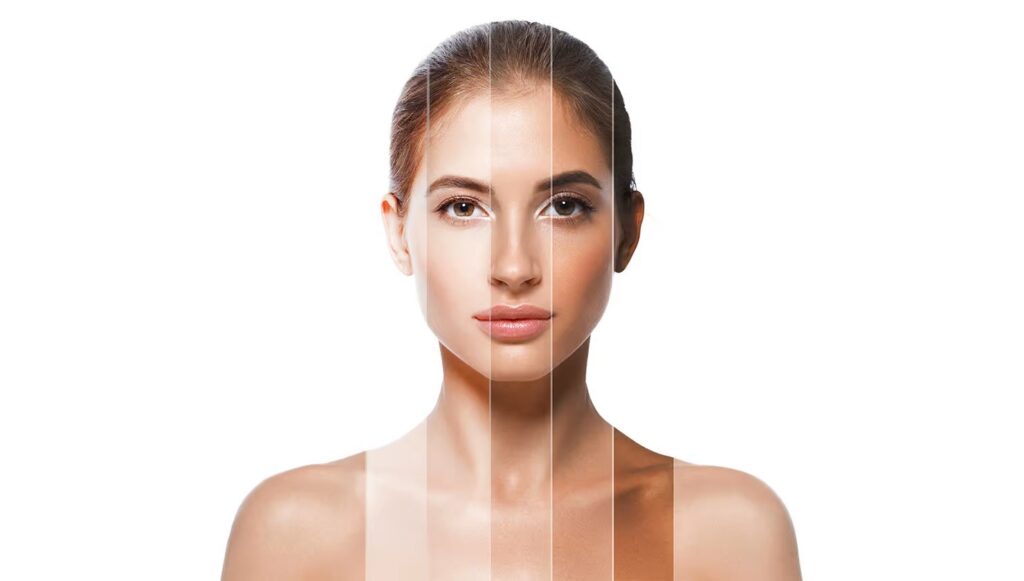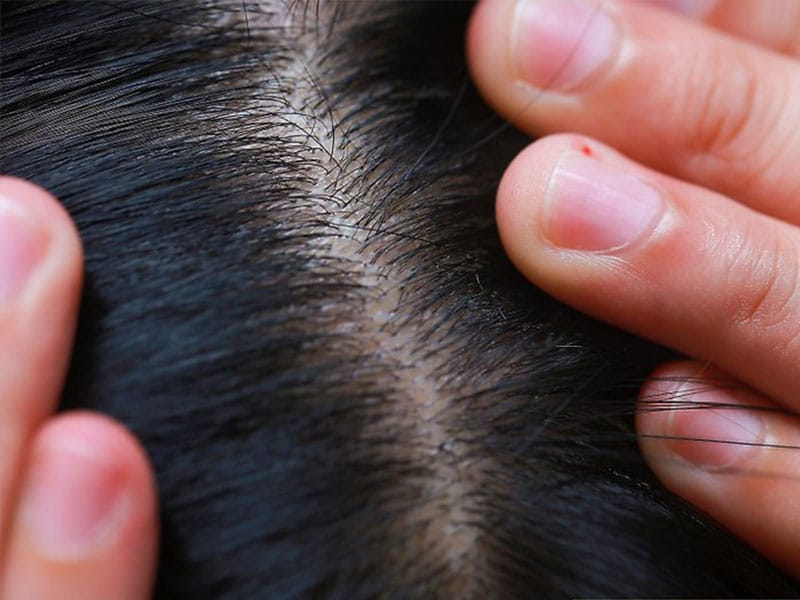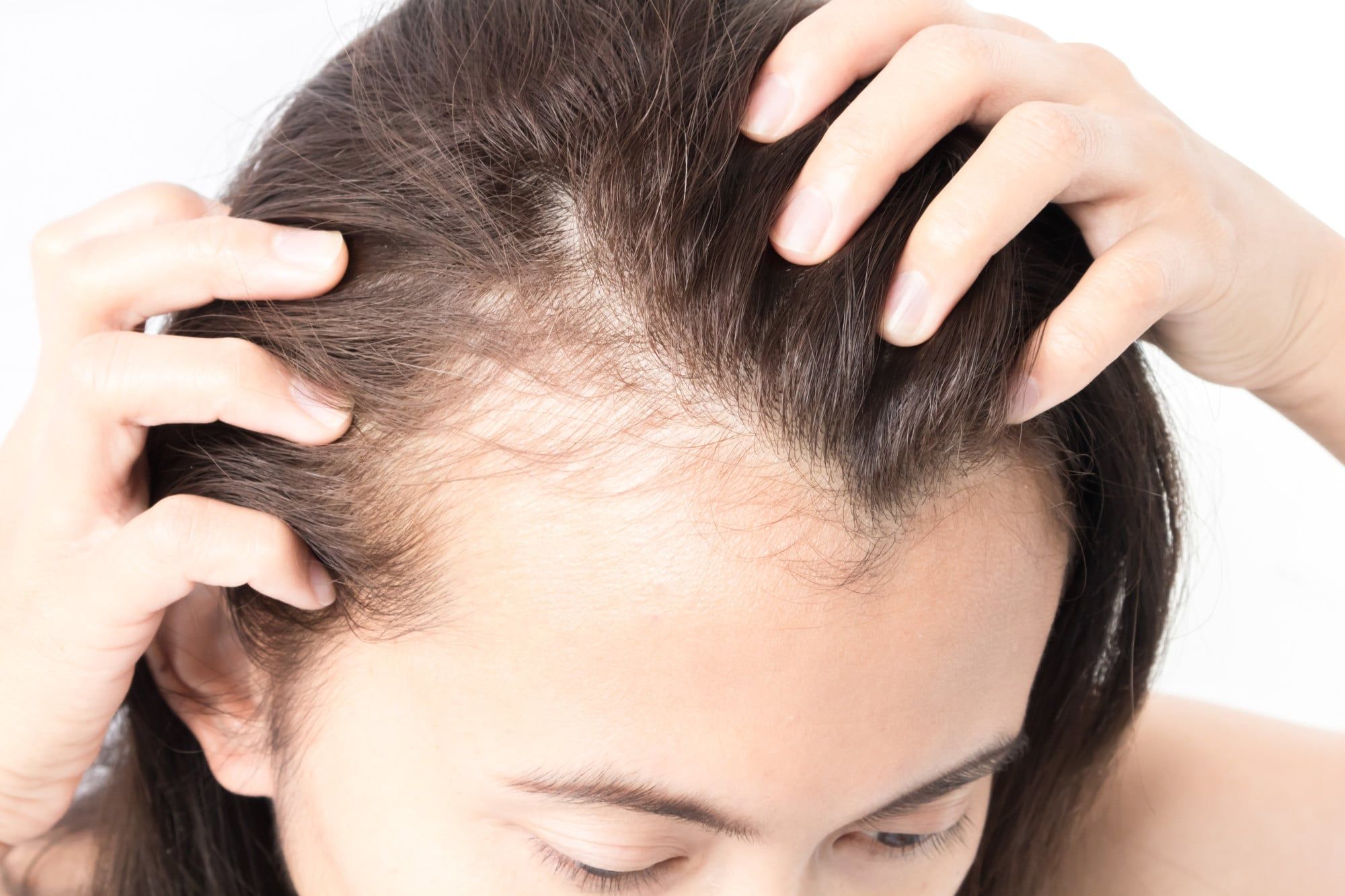Unwanted body hair can be a nuisance, leading many people to explore options like laser hair reduction (LHR) for a longer-lasting solution. However, before diving into the world of laser treatments, it’s crucial to understand whether LHR will work effectively for you. Here are some key factors to consider:
Skin Tone and Hair Color

- The effectiveness of LHR can vary based on your skin tone and hair color.
- Traditionally, the ideal candidates for LHR have lighter skin tones and darker hair colors.
- This is because the laser mainly targets the melanin in the hair follicle, and a higher contrast between skin and hair color allows for better precision and effectiveness.
- However, advancements in technology have made LHR more accessible to people with a broader range of skin tones and hair colors.
Hair Thickness and Density

- LHR tends to be most effective on coarse, thick hair compared to fine hair.
- This is because thicker hair absorbs more laser energy, leading to better results.
- Additionally, the density of hair in the treatment area can influence the success of LHR.
- Areas with denser hair may require more sessions for optimal results.
Hormonal Factors

- Hormonal imbalances can affect hair growth patterns, which may impact the effectiveness of LHR.
- Conditions like PCOS can result in excessive or unwanted hair growth, requiring ongoing maintenance sessions even after initial LHR treatments.
- Consulting with a laser specialist can help assess whether hormonal factors may influence your LHR journey.
Skin Sensitivity and Reaction

- Individuals with sensitive skin or a history of adverse reactions to skincare treatments should approach LHR cautiously.
- While LHR is generally safe when performed by trained professionals, there is a risk of skin irritation, redness, or pigmentation changes, especially in individuals with sensitive skin types.
- A patch test or consultation with a dermatologist can help determine potential risks and suitable treatment options.
Expectations and Patience

- It’s essential to have realistic expectations and patience when undergoing LHR.
- While many people experience significant hair reduction after a few sessions, complete hair removal may require multiple treatments over several months.
- Factors such as hair growth cycles, treatment area, and individual response to laser energy can influence the timeline for optimal results.
Consultation with a Professional
Before starting LHR, schedule a consultation with a qualified dermatologist specializing in laser treatments. They can analyse your skin type, hair characteristics, medical history, and treatment goals to decide if LHR is suitable for you. Additionally, they can provide personalized advice on pre-treatment preparations, aftercare, and expected outcomes.
Laser hair reduction can be a game-changer for many individuals seeking long-term hair removal solutions. By considering factors like skin tone, hair color, hormonal influences, skin sensitivity, expectations, and professional guidance, you can make an wise and informed decision about whether LHR will work effectively for you. Remember that results may vary, and patience coupled with proper care is key to achieving the desired outcome.
Always prioritize safety and consult with experts to ensure a smooth and successful LHR experience tailored to your unique needs.




